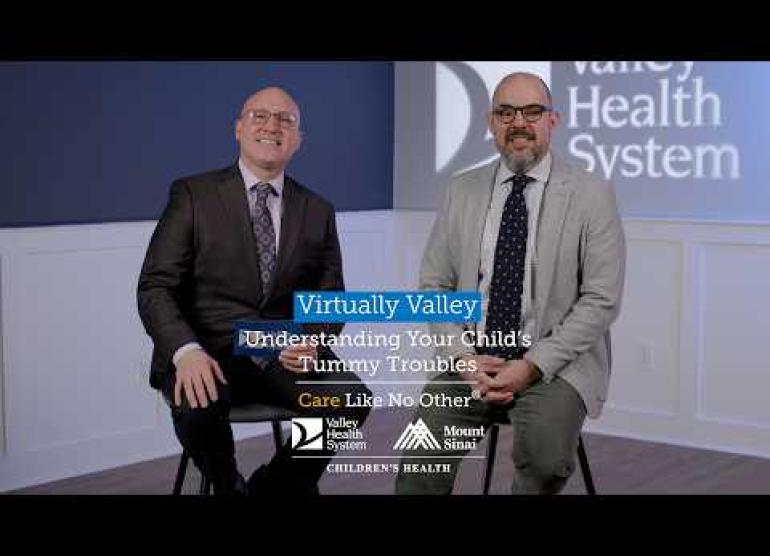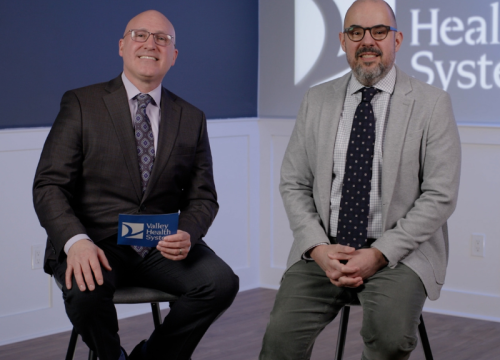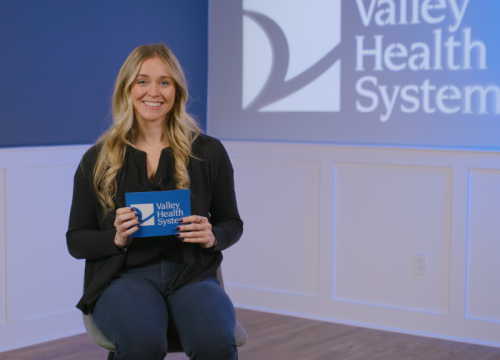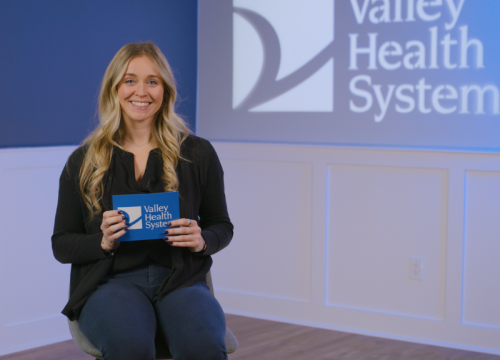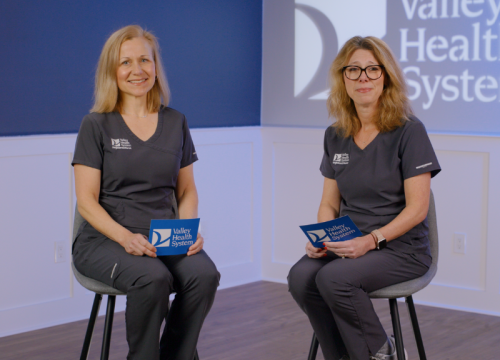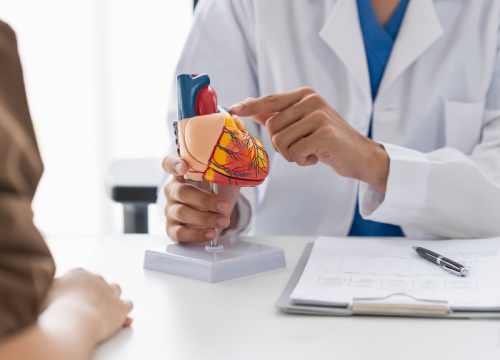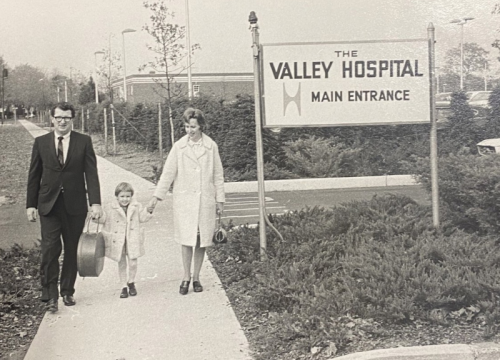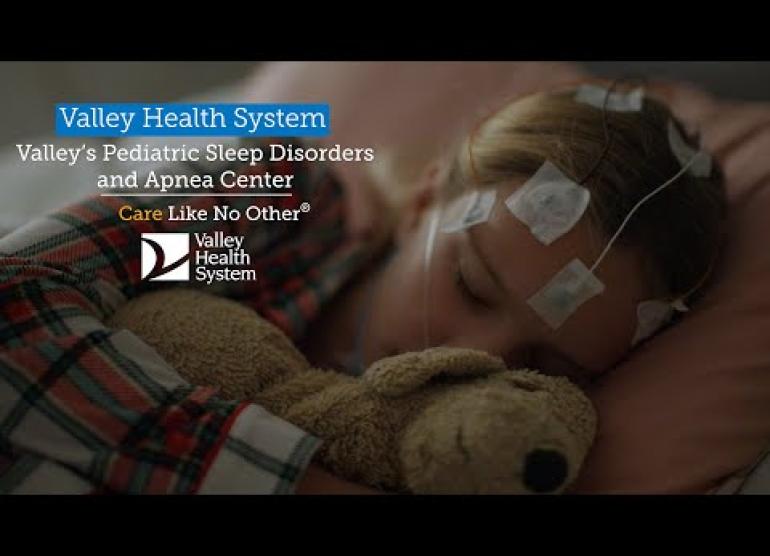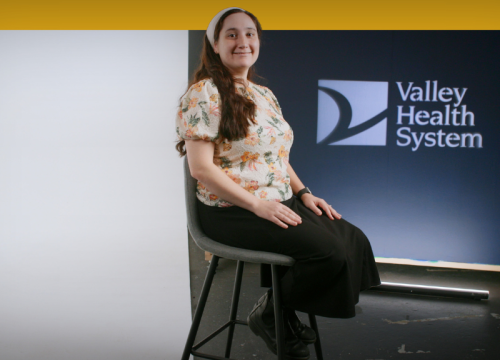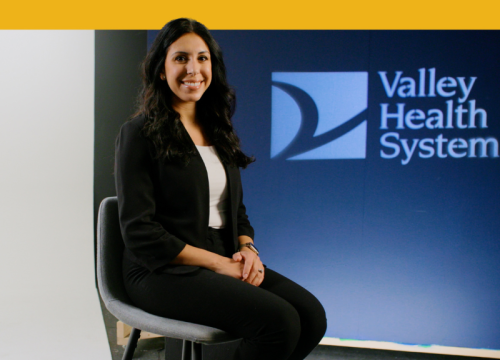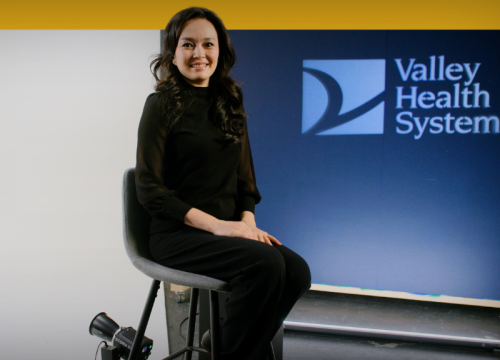
May 20 is Clinical Trials Day, a day to raise clinical trial awareness and honor clinical research professionals across the globe. This celebratory day was first recognized in 2005 to commemorate the day James Lind, a Scottish doctor, began the first clinical trial on May 20, 1747. Dr. Lind’s work laid the foundation for modern clinical search, according to socra.org.
What is a clinical trial?
A clinical trial is a research study to learn more about a problem, answer questions, or evaluate new ways of treating various diseases. A clinical trial is carefully conducted by physicians, researchers, and nurses to find treatments that work and ways to improve patients’ health.
Why participate in a clinical trial?
There are several benefits to participating in a clinical trial, including:
- You can play an active role in your own health. Patients in clinical trials often receive new therapeutic or technological treatment options being evaluated and are monitored on a more frequent schedule to track the status of their therapy.
- You may receive a new treatment before it is widely available to the general public.
- You can help others by contributing to the information that is known about your disease or disorder.
Who is eligible to participate in a clinical trial?
You may be asked to take part in a clinical trial because you meet certain guidelines for the trial. Every trial is different and has its own criteria based on a participant’s age, gender, type of disease, previous treatment history, and other medical conditions.
At The Valley Hospital, clinical trials are available for patients ages 18 and older, but each trial has its own restrictions and guidelines for enrollment.
Participating in a trial is voluntary.
What happens during a clinical trial?
Clinical trials are carried out according to strict, scientific, and ethical principles. Patients receive treatment and doctors carry out research on how the treatment affects the patients. You will receive your research-related treatment at The Valley Hospital. Doctors, nurses, dietitians, technologists, and other healthcare professionals may be part of your treatment team. They will follow your progress and schedule you for follow-up tests and monitoring at regular intervals. Patients who partake in registries complete questionnaires and may be followed up by research staff during a specific time frame.
What questions should I ask my doctor and/or nurse before enrolling?
Here are a few basic questions to consider. You may come up with many more:
- What is the purpose of the clinical trial?
- What is the purpose of a registry?
- Why do researchers believe the experimental treatment being tested may be effective? Has it been tested before?
- How do potential risks, side effects, and benefits in the study compare with my current treatment?
- How might this trial affect my daily life?
- Why do I have to complete questionnaires?
- How long will the trial last?
- What type of long-term follow-up care is part of this study?
- How will I know the treatment is working?
- Who will be in charge of my care?
- Will participation in the research yield additional costs?
- What are the alternatives to choosing to participate in the research study?
How do I enroll in a clinical trial?
Valley currently conducts research in oncology, gastroenterology, cardiology, infectious diseases, pulmonology, rheumatology, and stroke. To view the clinical trials Valley currently has available, please visit ValleyHealth.com/ClinicalTrials. For more information about any of our clinical trials, please call 201-447-8453. For cancer clinical trials, please call 201-634-5792.
One of our research nurses and staff will go over and review all the information about a specific trial with you or an individual you have advocated to make decisions for you if you are in an emergency situation and can’t make the decision for yourself. You will be given an informed consent form to sign and will be instructed as to when your treatment or registry will begin. Remember, you have the right to ask as many questions as you wish before you enroll and may stop trial participation at any time.


